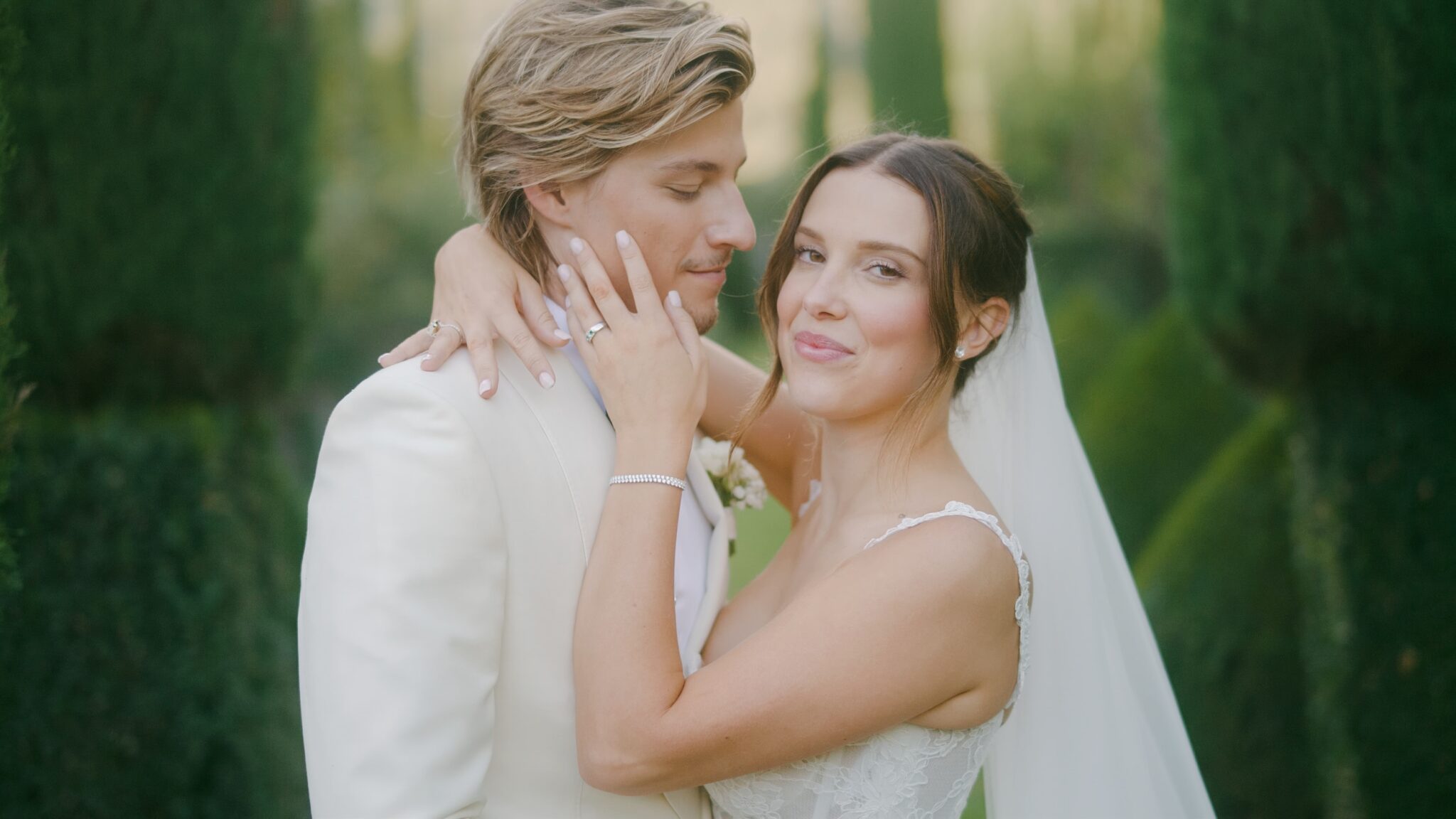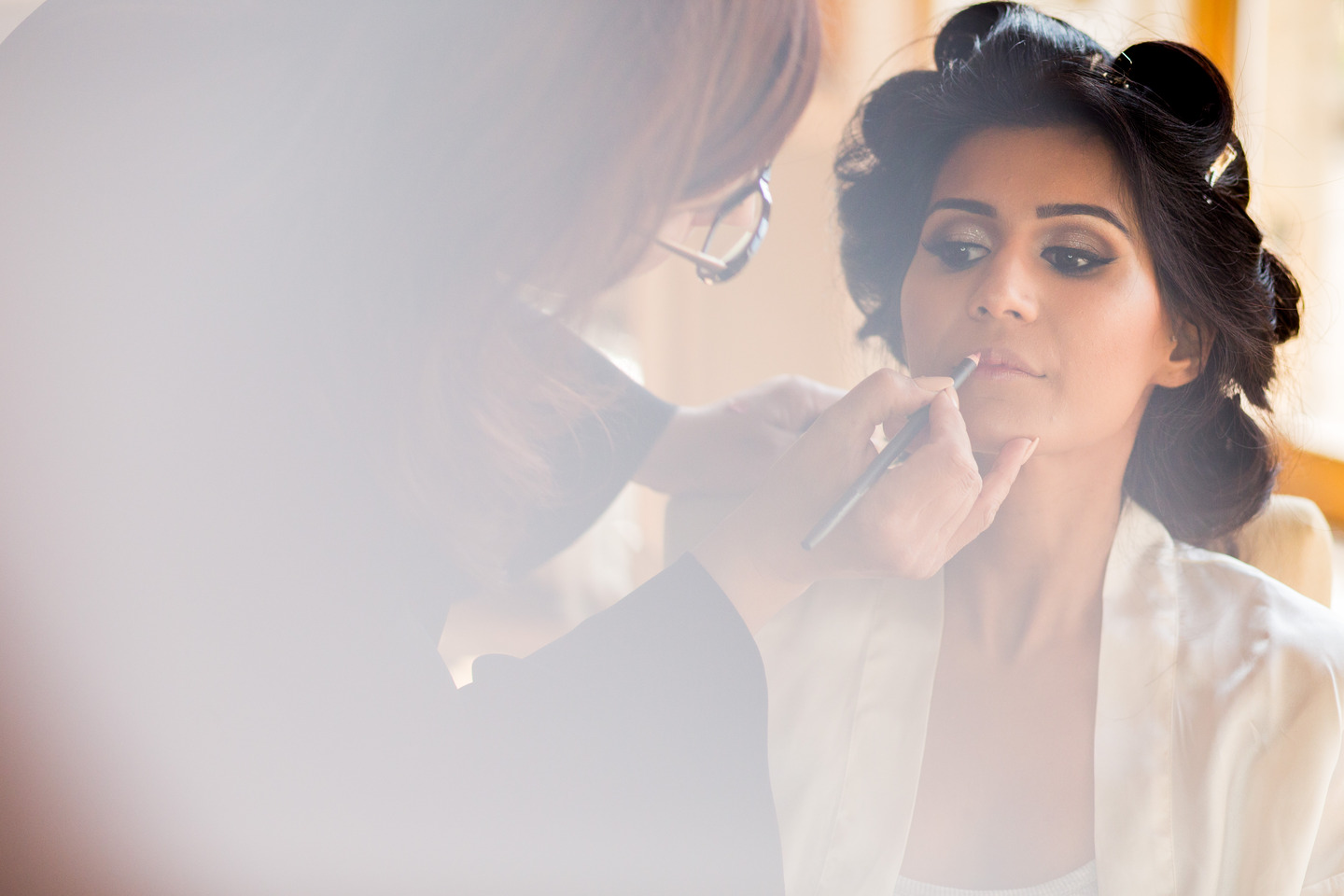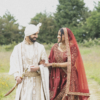For the last few decades, the idea of marriage came bundled with a checklist. Finish school, build a career, travel the world, become financially “ready,” and only then consider settling down. Millennials largely embraced this blueprint by delaying marriage in favour of self-exploration and stability. Marrying late became the norm, not the exception. But in recent years, something has shifted. A growing number of people, especially within Gen Z, are quietly rejecting the notion that marriage must be postponed until the late 20s or 30s when you’re “settled”. If anything, they’re choosing early commitment with a kind of self-awareness that previous generations may not have had the language for.
According to a 2023 survey on urban relationship trends, nearly 38% of respondents between the ages of 20 and 24 said they would consider marrying within the next two years, citing emotional compatibility and shared values as bigger drivers than financial security or parental approval. In a world where the 20s have become synonymous with self-discovery, some are asking: Why can’t discovery happen alongside someone else? Early marriage, for them, is no longer a sign of restriction. It’s becoming a conscious decision to build together while growing as individuals. What once seemed premature is now, for some, precisely the kind of stability they crave in an increasingly unpredictable world. The question isn’t “too young?” It’s “are we ready together?”
Growing up together, not apart
Millie Bobby Brown’s decision to marry at 20 stunned many, but in clarity and structure, not immaturity. On Call Her Daddy, she reflected that cohabiting with Jake Bongiovi, caring for their dogs, and having “day‑to‑day life” sparked a realisation: this is someone she couldn’t imagine life without. More than a feeling, her readiness was based on deep conversations about politics, family, and long-term aspirations. “We talked about our political views, what kind of family we want to build… It always felt right with him.” Millie didn’t say “why wait?” as a flippant motto; she said it as someone who had weighed her timing with sincerity.
This reflects a broader pattern: early marriage can mature alongside mutual trust and purposeful dialogue. Rather than rushing, partners grow together, learning to hold each other’s hands through challenges and evolve as a unit. It’s a reminder that age is never the only indicator of readiness.
Marriage as an amplifier for dreams
Far from silencing ambition, early marriage can boost it. Millie herself has said she refused to play the passive spouse. “You don’t have to be this stereotypical wife… He wants me to go and do my thing… and he will hold my hand in the process.” This kind of reversal, marriage fuelling, not dampening dreams, is more and more common. Hailey Bieber, who wed at 21, described marrying “insanely young” yet grounded in experience. As she told in an interview, “We’ve seen a lot for our age… we have both lived enough life to know that’s what we wanted.” She emphasised that their relationship was built on years of friendship, shared values, and common life goals, centred on building a future together. This moves early marriage from whim to strategy. When two people co-construct their vision of family life, careers, and shared responsibilities, they aren’t jumping; they’re choosing a path aligned with who they are and what they want.
The fear that marriage curtails personal ambition is outdated. Hailey confronted this concern directly. She shared in an interview that marriage is “very hard… it’s always going to be hard. It’s a choice.” Still, she describes it as a beautiful struggle where mutual support helps prioritise growth, personally and as a couple. That partnership-based approach is what turns marriage into a launchpad.
When social pressure meets personal preparedness
Hailey has said publicly that getting married young drew plenty of raised eyebrows: “It sounds almost ridiculous when you say it out loud.” Yet she also stressed that people inside their relationship knew it felt right. She and her partner had the maturity of shared experience despite chronological youth.
Delhi-based Harshita Girotra, who married at 20 and waited nine years before having children, illustrates a statistical truth: married life doesn’t always follow timelines. They treated their first decade as a nurturing, child-free period, building careers, travelling, and attending raves together. Their decision wasn’t reactive; it was rooted in deep mutual exploration and a shared timeline, not imposed expectations.
In India, early marriage is more common, but those who push beyond convention offer valuable lessons. Mira Rajput, married at 23, confessed her early days were isolating, aware that her friends were experiencing “single life”, while she embraced responsibilities. Over time, though, she reframed those responsibilities as training, learning patience, identity, and compromise, all within a supportive marriage.
Young marriage isn’t about naïveté
Critics often assume marrying young is naive, an emotional leap made without awareness of life’s complexity. But survey data suggests otherwise. High levels of communication, shared values, and professional counselling, common among early-married Gen Z couples, point to conscious emotional investment over naïve impulsivity. Hailey’s case is telling. She and her husband faced cyberbullying, fame-related stress, and global scrutiny. That she still describes their bond as full of care, support, and continuous learning and notes that it “doesn’t ever feel like work”, speaks to sincerity. Going to therapy, setting expectations, and leaning on shared faith allowed them to grow through adversity instead of collapsing under it.
Family narratives shape early marriage for many. Hailey cites her parents, also married young and staying together, as early role models. She admitted how their story influenced her desires: “You fantasize about having the same thing.” This generational continuity doesn’t guarantee success, but it does provide a template for partnership that feels trustworthy, not risky. Similarly, Brooklyn Beckham, who married in his early 20s, has come under intense scrutiny as he stepped into marriage of his own. He called asking Nicola Peltz to marry the “best decision ever,” reflecting how young love can hold both public pressure and genuine devotion. Their choice highlights how early commitment is often underpinned by strong emotional bonds, shared purpose, and hope for a stable future.
Balancing hope and honest caution
But this model isn’t without friction. People, even close ones, change a lot between 20 and 30. Some relationships don’t withstand that evolution, particularly if the foundation lacks alignment. This is why emotional maturity, questions like “Do we share values? Have we learned to disagree constructively? What do we want from life?” are more vital than any age-based measure. Celebrities and private couples who enter marriage intentionally demonstrate that it’s not the starting point that matters, but the agreement to evolve together as life unfolds.
The age at which someone gets married has never really been the issue; it’s always been about context, expectations, and readiness. Today, early marriage is not a one-size-fits-all formula, but it’s no longer something to fear or shame either. The people choosing to commit young are not racing toward adulthood; they’re navigating it differently. They’re not clinging to outdated ideals; they’re often reinventing marriage on their own terms. With better access to mental health resources, more open conversations about emotional labour, and a willingness to co-create rather than conform, this new wave of young couples is reshaping what marriage can look like.
And it’s not always romantic in the fairytale sense. It’s logistical, it’s planned, and it’s deeply intentional. It’s sitting down together to decide when (or if) to have kids, how to split chores, what intimacy means when ambition takes over, and how to protect each other’s autonomy in a shared life. These aren’t the conversations of naïve twenty-somethings; they’re the blueprints of people who know that building anything lasting takes more than just time. In the end, this isn’t about who marries at 25, 35, or 45; it’s about trusting yourself enough to recognise, “We are better together.” Whether that leap comes early or late, it’s clarity, not age, that maps to a successful lifelong union.













